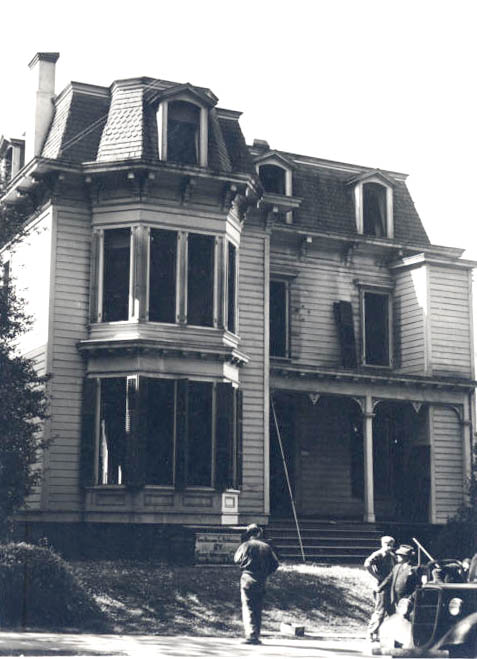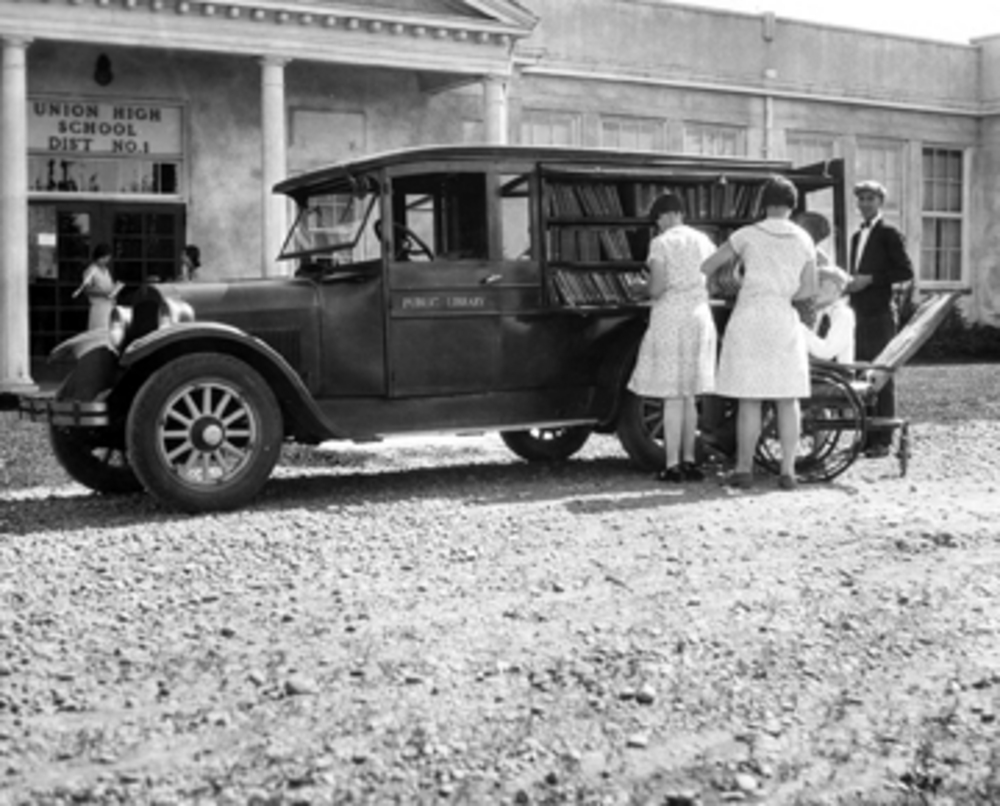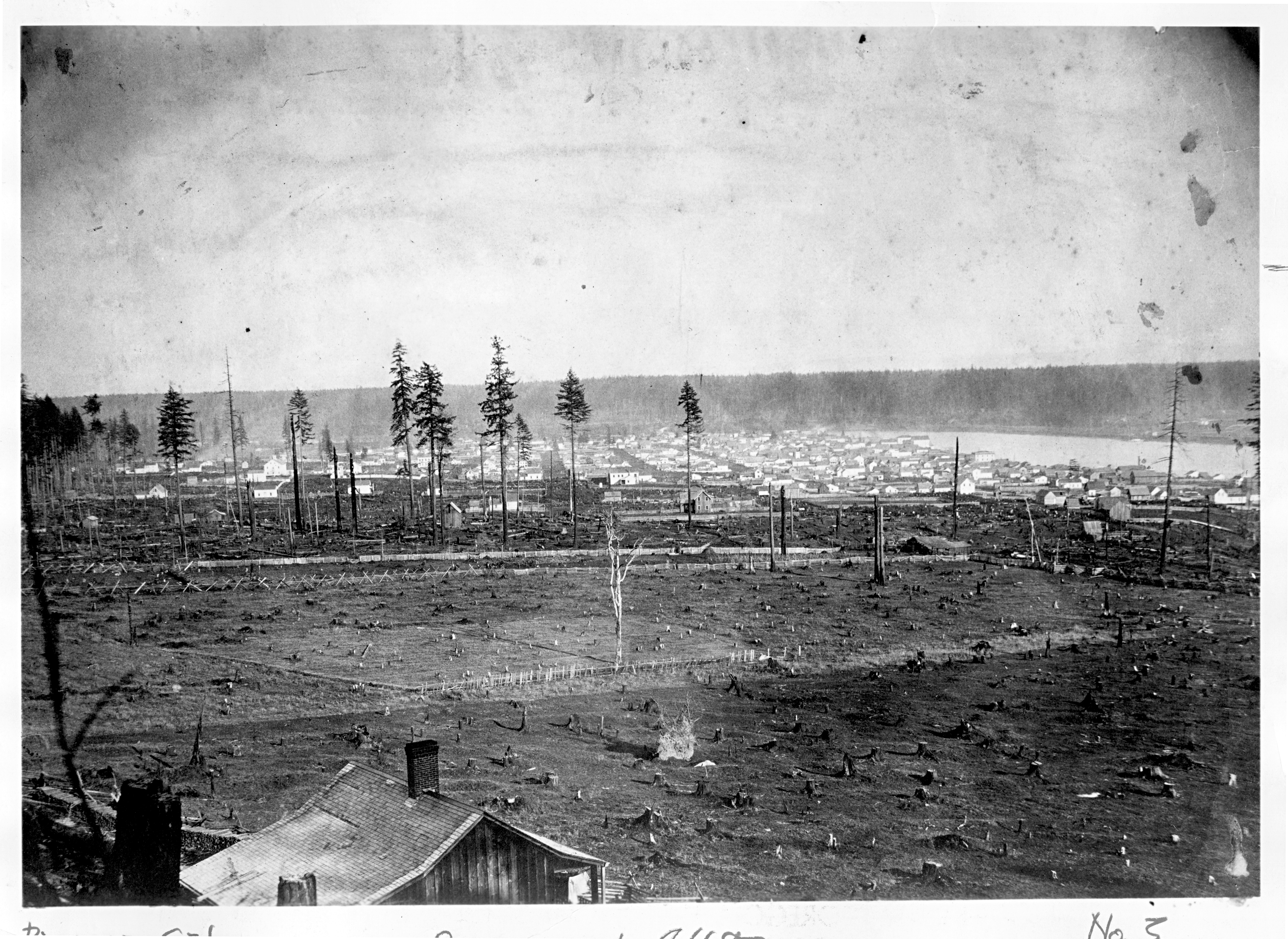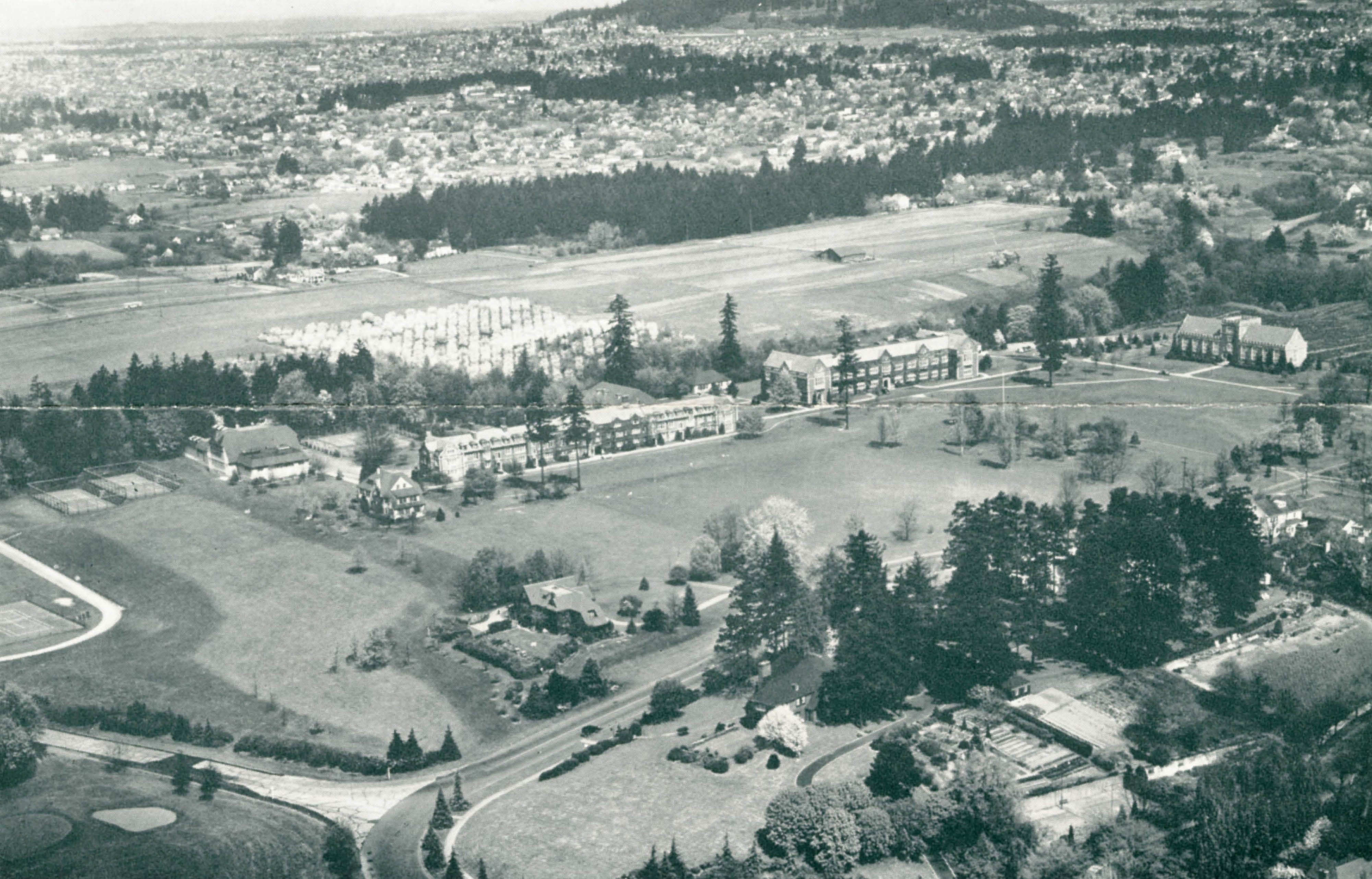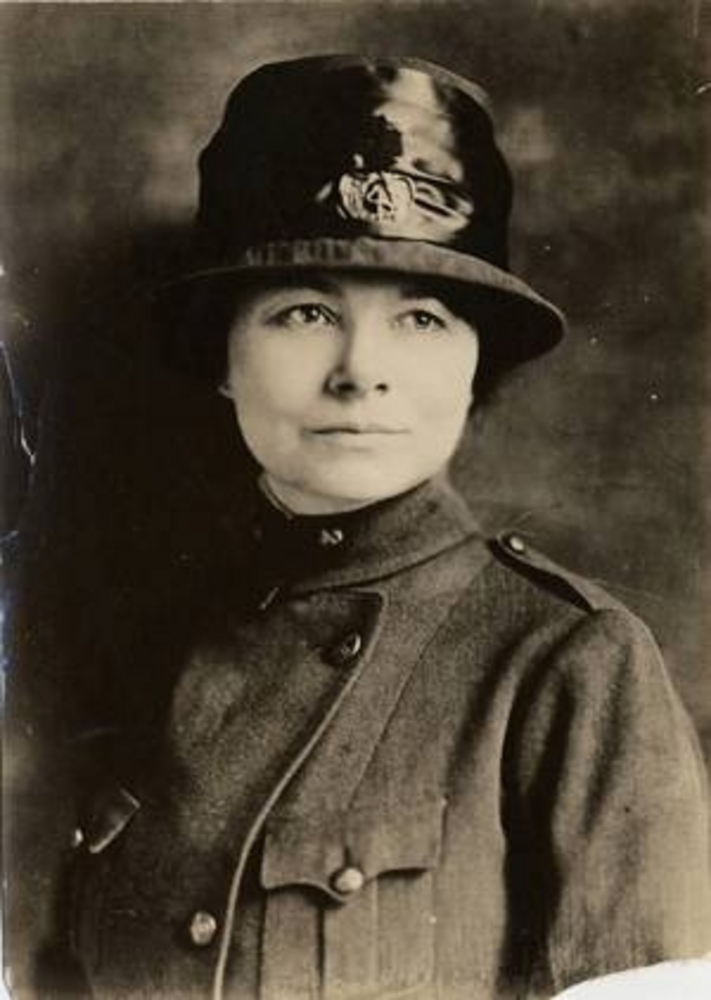Thomas Lamb Eliot was one of the most influential clergymen in the history of Oregon. He is an excellent example of the Social Gospel movement in the Pacific Northwest; as a result, he wielded significant influence on Portland civic and social life. Eliot is a good reminder that although the Northwest has long been the least churched region of the country, it was not without its notable religious figures.
Eliot was born on October 13, 1841, in St. Louis, Missouri. As the eldest son of the Rev. William G. Eliot, he grew up in an environment that prized learning and civic involvement. In 1862, he was in the first class to graduate from Washington University in St. Louis. During the Civil War, he served in the Union Home Guard of Missouri, but saw no action. Eliot subsequently attended Harvard Divinity School and graduated in 1865. That same year, he married Henrietta Robins Mack of St. Louis.
In Portland, then a city of approximately 6,000 people, a group of promient Portland citizens—including Thomas Frazar, Charles Burrage, James Cook, and Robert Thompson—were raising funds to establish a Unitarian church. A chapel was dedicated in 1867, the same year Eliot was invited to be the church's minister.
Eliot approached his new calling with enthusiasm. By nature an optimist, he possessed a faith in progress that was typical of his generation. He quickly increased church attendance and was often found preaching at local jails and working with mentally ill patients at the local hospital. Between 1872 and 1875, he served as the Multnomah County superintendent of education and was known for his tireless efforts to improve both teachers and schools.
Even though he had been troubled since the age of fifteen with impaired vision—he could not read or write without pain for more than a quarter hour at a time—Eliot was indefatigable. He served as the minister of the First Unitarian Church until he resigned in 1893.
Eliot loved his work in Portland and was known for his gracious spirit and good will. He fell in love with the Northwest and became an avid mountaineer. He represented a generation of Victorian gentlemen who believed that their duty was to transplant Western culture and civilization into the Pacific Northwest. An expert on the conditions facing Native Americans on reservations in Oregon, he worked to improve conditions there.
Most notably, Eliot advocated for causes and projects that would improve life for women and children. He helped found the Ladies Relief Society and fought for the prohibition of alcohol, because it seemed tied to domestic violence. He worked with Abigail Scott Duniway for woman’s suffrage in part as a strategy for securing prohibition.
One historian referred to Eliot as the “conscience of the community.” Eliot believed that a society should take care of its abandoned children and those adolescents who found their way into the criminal justice system. He helped establish a local orphanage, the Children’s Home, and served as its president from 1875 to 1919. He became an expert on juvenile delinquency and helped organize the Boys and Girls Aid Society, which functioned as a reform school intended to help abused children and juvenile delinquents re-enter society. He was a trustee at the society from 1885 to 1921. He also helped found the State Board of Charities and Correction.
Eliot believed fully in the value of the liberal arts and served as the director of the Art Association and director of the Library Association. He developed a passion for Reed College and served as chair and member of its board of trustees for over two decades. He received honorary degrees from Harvard, Washington University, and Reed College.
Thomas and Henrietta Eliot had eight children. Their oldest son, William G. Eliot Jr., became the pastor of Portland’s First Unitarian Church in 1906. When Thomas Lamb Eliot died in Portland on April 28, 1936, Portland residents had many reasons to celebrate the life of a man who had worked so diligently on behalf of his community.
-
![]()
Thomas Lamb Eliot, c.1867.
Courtesy Oreg. Hist. Soc. Research Library, 011487
-
![]()
Thomas Lamb Eliot, c.1921.
Courtesy Oreg. Hist. Soc. Research Library, 009091
-
![Located at 1025 SW Park (Park and Salmon) in Portland. This was taken just prior to the house being demolished.]()
Thomas Lamb Eliot house, Portland, 1941.
Located at 1025 SW Park (Park and Salmon) in Portland. This was taken just prior to the house being demolished. Courtesy Oreg. Hist. Soc. Research Library, 020250
Related Entries
-
![First Unitarian Church (Portland)]()
First Unitarian Church (Portland)
In 1866, the Ladies Sewing Circle, a small group of Portland women from…
-
![Library Association of Portland]()
Library Association of Portland
The first public library in Oregon, supported by taxes and freely avail…
-
![Portland]()
Portland
Portland, with a 2020 population of 652,503 within its city limits and …
-
![Reed College]()
Reed College
Situated on 116 acres in southeast Portland, Reed College enrolls nearl…
-
Woman Suffrage in Oregon
The campaign to achieve voting rights (also called suffrage or the fran…
Related Historical Records
Map This on the Oregon History WayFinder
The Oregon History Wayfinder is an interactive map that identifies significant places, people, and events in Oregon history.
Further Reading
MacColl, E. Kimbark. The Shaping of a City: Business and Politics in Portland, Oregon 1885-1915. Portland, Oreg.: The Georgian Press, 1976.
Scheck, John F. “Thomas Lamb Eliot and His Vision of an Enlightened Community.” In The Western Shore: Oregon Country Essays Honoring the American Revolution. Portland: Oregon Historical Society, 235-269.



